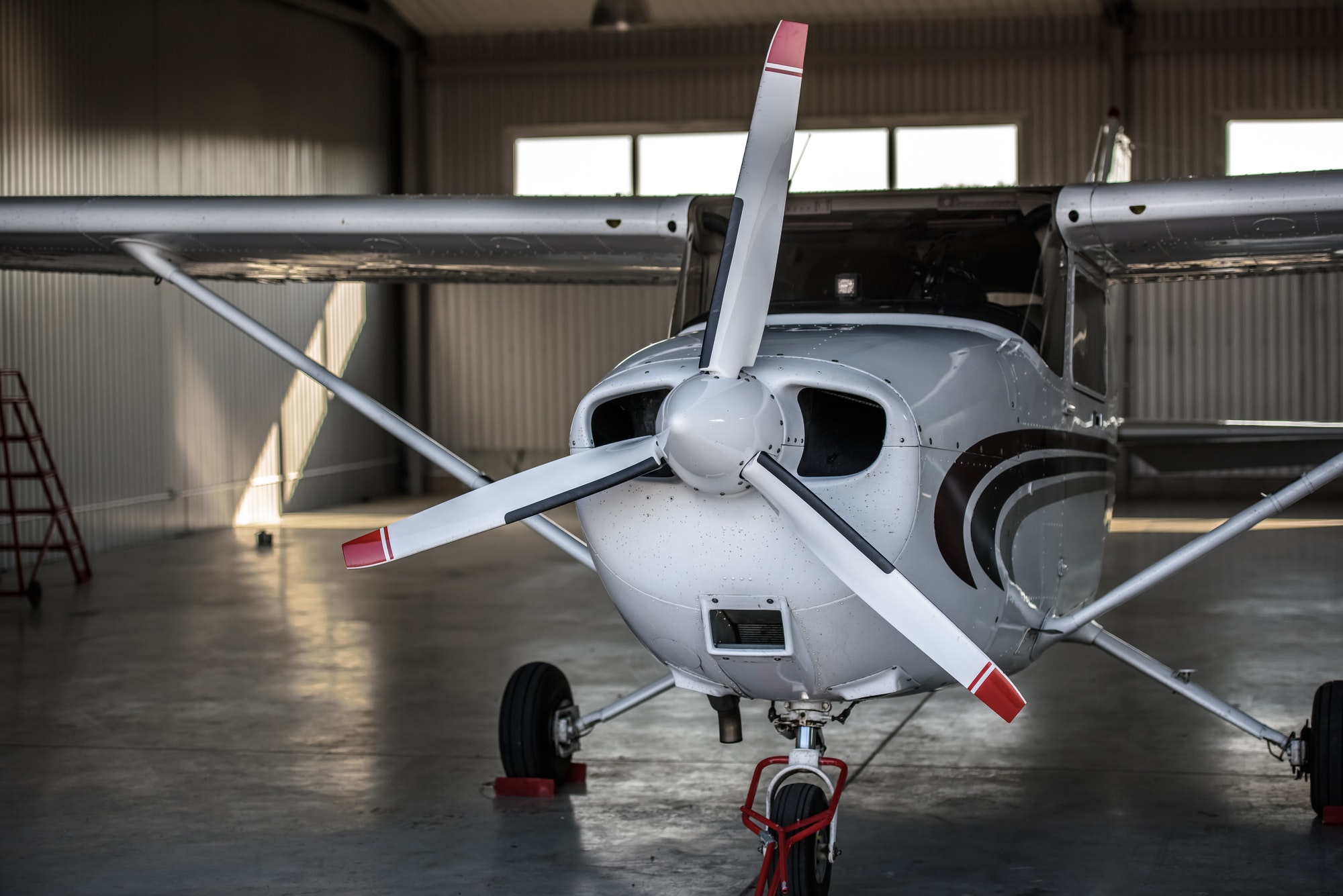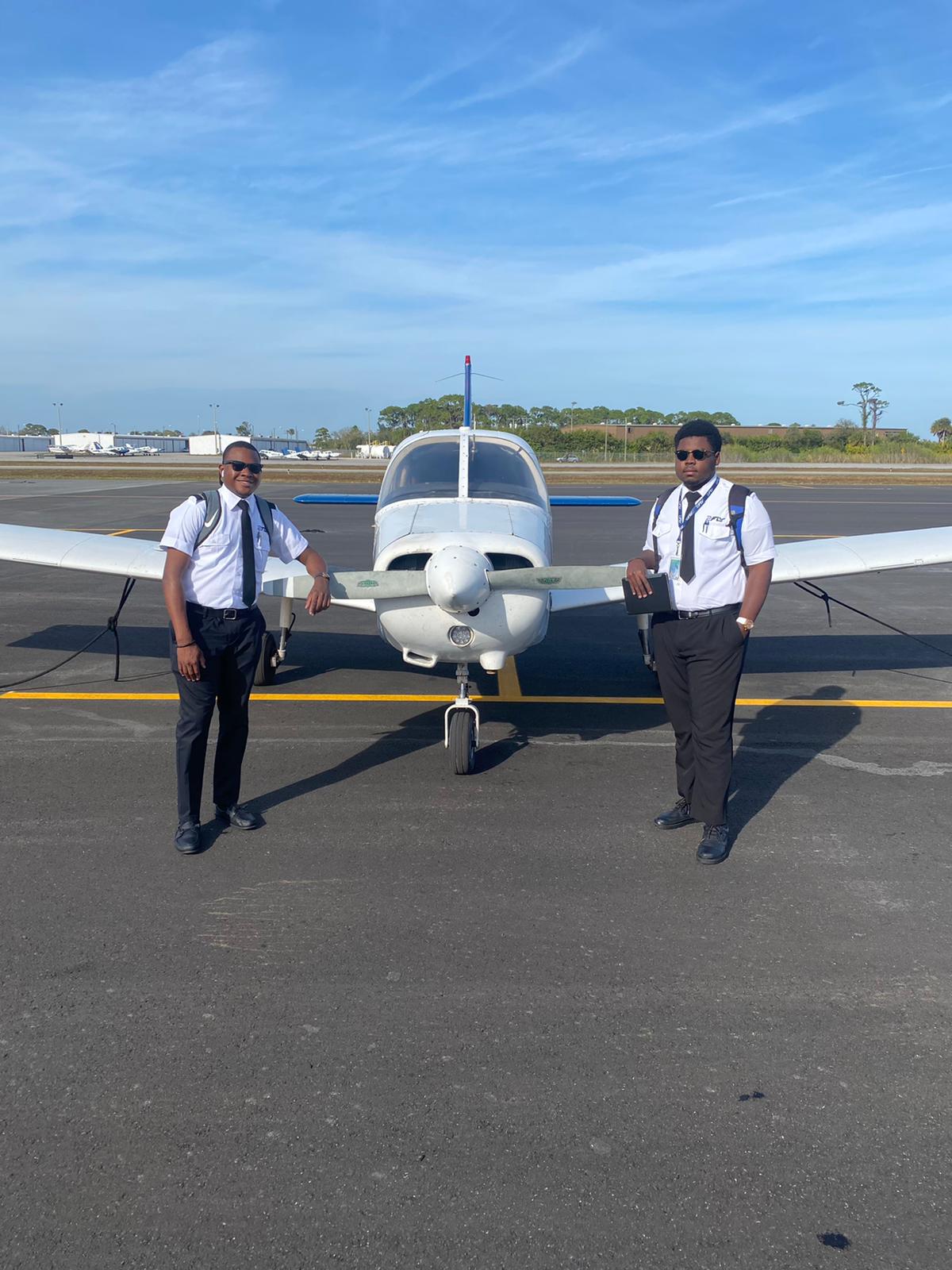Our Services

Flight Crew Training
There are a multitude of pathways to becoming a commercial pilot. We’re well aware that it’s a costly endeavor! Flight training is the largest, singular investment you’ll ever make into your career. Don’t make that decision based on rumors, conjecture or false information. You should have someone well versed in the industry, as an asset along your journey.
We provide three tiers of qualification assistance/programs:
TIER 1: “Non-continuous qualification”
Designed specifically for those candidates who are not prepared to incur the full cost of flight training upfront. Nonetheless, we still provide the same level of care/support as you progress for all tiers of qualification. These services include, but not limited to: mentorship and assistance with flight school placement, assistance with and explanation of possible monetary programs designed to assist flight students, orientation prior to resuming training, continual updates/check-ins as you progress, resolution assistance (as required) and finally congratulatory certification upon training.
TIER 2: “Continuous qualification”
Designed for the students/ candidates who are able to withstand the full cost of flight training the Private licensing to Commercial Pilot Rating. The “start to finish” level of care/support is unchanged. The student will receive Tier 1 benefits PLUS “professional transition resources” to include but not limited to: resume writing tips and techniques, professional development and career job placement.
TIER 3: “College/ University qualification
Essentially every major airline in the United States, as a prerequisite for employment, requires a 4-year degree. This pathway, despite being the most exorbitant, “checks the box” for future employ with a major airline.
The level of care/support is unchanged, but as you progress to an upperclassman, “the professional transition resources” are stepped up, to include but not limited to interview prep, information resources on the industry and ultimately assistance with career job placement. Scholarship opportunities are a available at this level and we will assist with the application process!

Technical Reports
Let our aviation knowledge and legal team provide you with solutions to challenges you may face with flight operations. Research and report writing are some of the fundamental technical expertise we bring to serve our clients. Let us do the tedious and time consuming work for you, thereby providing you with the best information and insight.

Aviation Consulting Services
Aircraft Records Audit
Should your need arise to assist in the determination of the integrity of your aircraft records,The Aimsir Group LLC. can both review and audit permanent and digital aircraft records.
Aircraft Pre-purchase Inspection
Also known as the pre-buy, it is a vital part of the process to ensure that the aircraft is not only airworthy, but that all of its installed components are compliant with the terms of the aircraft purchase, sale or lease agreement.

SMS/RRM/FRMS
SMS (Safety Management System)
Every flight department, no matter how big or how small, is inevitably judged by its safety record. What is an SMS? It is the framework of an organization to focus on a positive safety culture. Advisory Circular No. 120-92B stressed the importance of “organization-wide comprehensive and preventative approach to managing safety.” Frontline employees must buy into the program and in turn play an integral role in identifying and reporting hazards into a structured program, without reprisal, ultimately improving safety.
The Aimsir Group has the capability to provide customized solutions to clients mitigating their safety risks.
RRM (Risk and Resource Management)
SMS and RRM go hand in hand toward mitigating risk in an organization. RRM takes the initiative to flight operations, providing a framework for crews to identify risks, reducing it and then allowing them to create a shared mental model and language to a successful conclusion.
The Aimsir Group has the ability to streamline and standardize our client’s flight operations, making them safer.
FRMS (Fatigue Risk Management System)
The Aimsir Group can develop and integrate a comprehensive fatigue risk management system, predicated on sound and scientific principles outlined in Advisory Circular 120-102 in addition to ICAO management policies and procedures.
The FRMS purpose is to ultimately enhance safety by instituting measures to combat and reduce risk due to pilot fatigue.

Mentorship and Liaison with Flight Schools
Allow us to navigate the challenges of your candidate’s ab initio experience, thereby simplifying their flight training experience.
